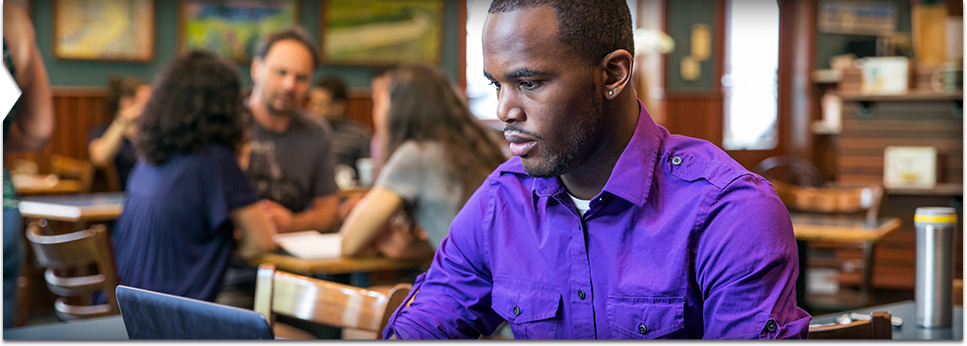Virtual class is a difficult and confusing experience for everyone involved, but it is always a better alternative than no classwork at all.
The University is starting class for the second time this semester, after classes resumed in their online format on Monday. The two-week hiatus caused by coronavirus has been an interesting time for everyone.
Some students have been spending the time sleeping, those with autoimmune disorders have been trapped indoors for their own protection, and everyone has been adhering to social distancing and living in constant fear that a friend or relative will get sick. Some have experienced the horror of a loved one falling ill, and some have fallen sick themselves.
The coronavirus has affected each of us in different ways, but all students and instructors share the same fate of online courses. Days will be marked by video conferences and virtual assignments as students and teachers all try to adjust. The lively noise of campus life will be replaced by the muted whirring of a computer fan.
When the college student experience becomes completely virtual, it loses some vigor. It may seem at times that college without a campus is hardly college at all. However, learning can never be contained.
While the barbershop and the art gallery are closed, classes will be going strong. When the world around the University is thrown into turmoil, it is reassuring to see education remain the priority. Online classes are a widely undesired alternative, but a welcome return to structure and normalcy.
I took my first online course in 8th grade, after my math teacher was fired. A suitable substitute could not be found, so the school decided to make our class restart the yearlong course online in the spring. The experience was frustrating and difficult, but I was thankful for the opportunity, even if it was never my first choice.
I see a similar situation at the University today, except without any sketchy math teachers. The administration had limited options and even less time to develop a plan to educate 30,000 students remotely. The decision to go online placed immense strain on instructors, as they were left to carve out their courses in a completely digital format, often for the first time in their teaching career.
The situation is not ideal for either party, but everyone realizes it is better than nothing. Lectures delivered over a webcam cannot compare to those delivered behind a lectern. Discussion forums are never as engaging as a bustling classroom. A virtual degree will never carry the weight of a diploma.
Some things simply are not the same over the internet. I am just glad that I have had the opportunity to experience the difference.
The University’s plan is the best currently available; the reality of the time we live in dictates what needs to be done. While I may not look forward to the buffering, disconnecting and error signals that come my way, I am excited to continue my education under professors I truly admire, who are trying their hardest with what they have.
Cory Koch is a 20-year-old political science senior from Alexandria, Louisiana.





